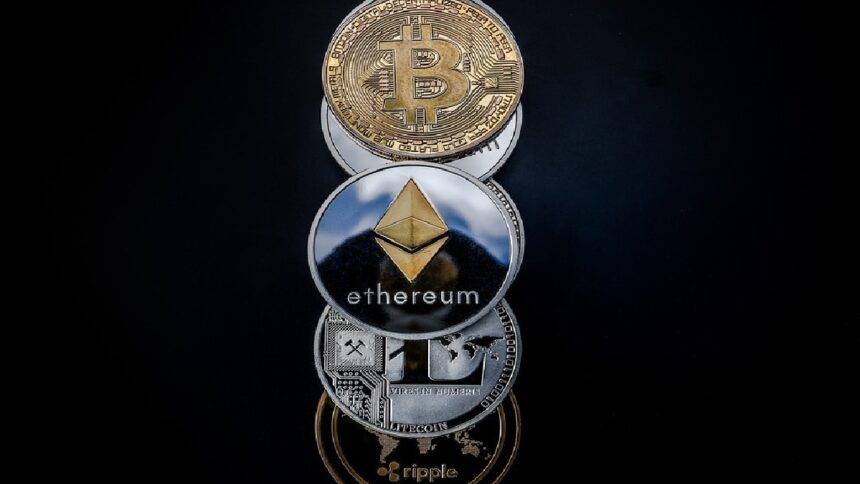Peer-to-peer (P2P) trading is the term used to describe the process wherein two people or entities choose to exchange any kind of asset with one another directly. Because there is no longer a need for a mediator in these transactions, the mediator’s fee is lowered, increasing the efficiency of the transaction process. Prior to the advent of cryptocurrencies, computers processed file sharing using the P2P protocol. With the ability to trade crypto assets directly between participants, financial transactions can now have a decentralized aspect.
The unknown inventor of Bitcoin, Satoshi Nakamoto, wanted to lessen the need for centralized institutions, such as banks, to handle financial transactions between two or more parties. In order to do this, Nakamoto invented Bitcoin, the first cryptocurrency in history, which could perform financial transactions and validate them on encrypted blockchains as opposed to through a centralized middleman. P2P cryptocurrency exchanges are mostly anonymous and offer greater privacy than traditional means of transacting.
In a pure P2P cryptocurrency transaction, one side inputs the other’s wallet information to complete the transaction. Crypto exchanges entered the scene in order to further streamline this procedure while also securing these transactions. It is interesting, therefore, that P2P transactions are not conducted by cryptocurrency exchanges, despite cleverly phrased ads. The laws of the nations in which these businesses operate apply to them.
In recent days, the law enforcement authorities in India have been issuing alert warnings to those involved in peer-to-peer crypto trading. If both the parties involved in such transactions do not thoroughly know each other, it could lead to a financial loss for the sending party.
With the crypto sector expanding and P2P trading becoming more accessible, the scope for cyber fraudsters to identify potential victims has become a regular thing. Through social networking channels like Telegram, LinkedIn, and X – scammers could exploit unsuspecting individuals.
The Indian authorities have informed the crypto community about a rise in scams related to P2P crypto transactions.
Are you crypto trading in P2P mode – Beware, you might be
trading with a potential cyber-fraudster!
Various forms of cyber fraud are increasingly prevalent, leading unsuspecting victims to fall prey to schemes where they unknowingly transfer funds to accounts provided by… pic.twitter.com/6dyCQZKtdD— Sudhakar Udumula (@sudhakarudumula) May 2, 2024
As part of its suggestions to the crypto community, the authorities have asked people not to engage with messages from unknown numbers, remain cautions while processing asset transfers to somebody they do not know, and keep the law enforcement authorities in the loop over suspicious entities.




